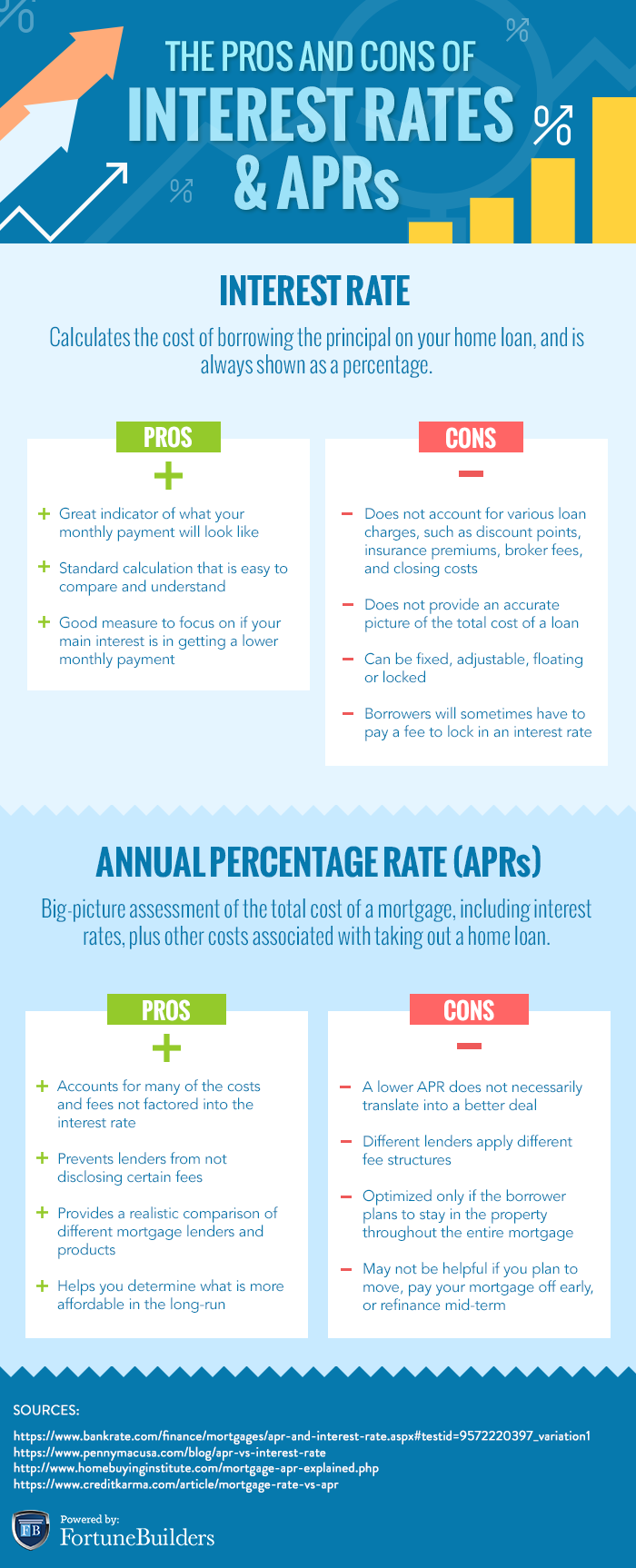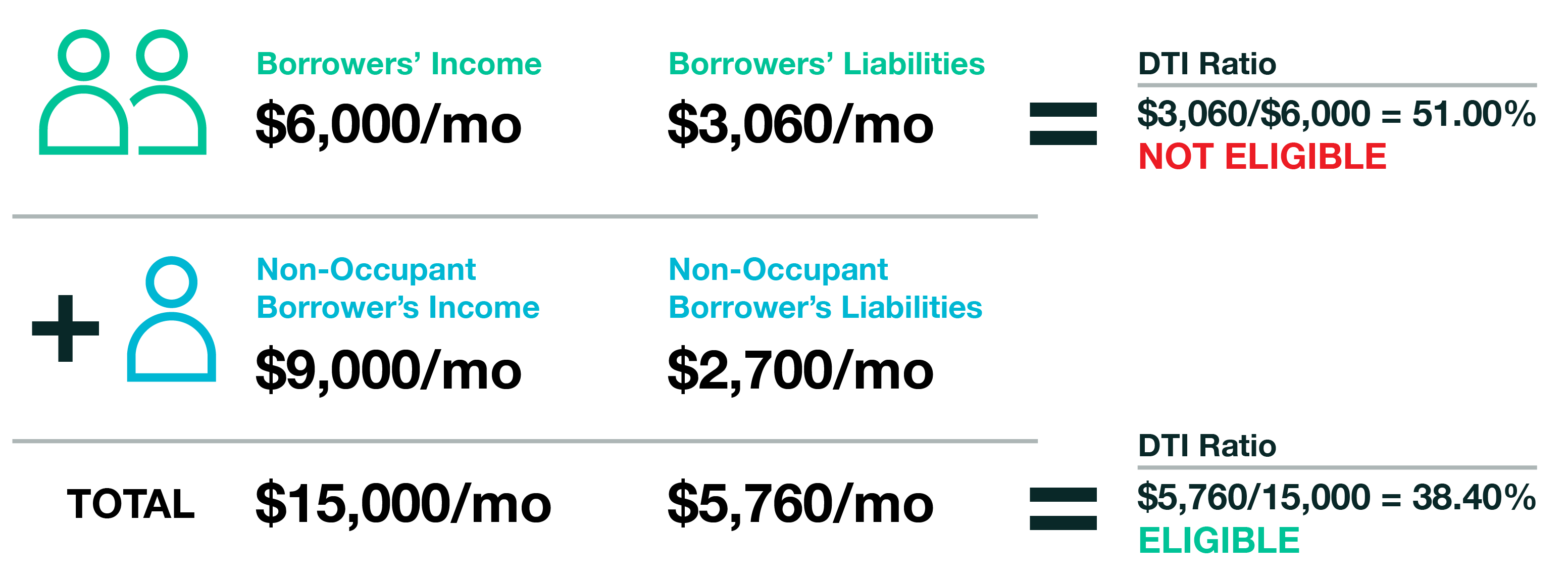If you remain in the position to acquire a home or refinance your https://www.businesswire.com/news/home/20191125005568/en/Retired-Schoolteacher-3000-Freed-Timeshare-Debt-Wesley#.Xd0JqHAS1jd.linkedin mortgage, now might be a fantastic time to make the most of lower rates and possibly score even lower rates by making use of home loan points. Keep in mind that you'll want to integrate in a little extra time to browse the financing system as loan providers are dealing with an influx of cases due to the historically low-interest rates. how do down payments work on mortgages.

The answer to whether home mortgage points deserve it can just be addressed on a case-by-case basis. If you're preparing on remaining in your home longer than the break-even point, you will see cost savings. If those savings exceed what you may get in outdoors investment, then mortgage points will unquestionably be worth it.
This table does not consist of all business or all available items. Interest does not endorse or suggest any business. Editorial Policy Disclosure Interest. com adheres to stringent editorial policies that keep our writers and editors independent and honest. We rely on evidence-based editorial guidelines, regularly fact-check our content for precision, and keep our editorial personnel completely siloed from our advertisers. Origination points, on the other hand, are closing costs paid to a lender in order to secure a loan. While these charges are in some cases negotiable, customers usually have no choice about whether to pay them in order to protect a loan. Let's state a prospective property owner requests a $400,000, 30-year home loan so they can purchase a $500,000 home.
After underwriting, they get a loan deal from a lending institution that includes numerous ratesone with their rate if they buy no points, plus alternative rates if they purchase one to four discount rate points. Below are sample rates for this debtor, in advance expenses to purchase those points and respective regular monthly payments for each rate: In this case, each point would conserve the borrower about $60 each month.
5 years) to recover the cost of each discount point they acquire. When you make an application for a loan, both discount points and origination points are in theory negotiable - how do interest only mortgages work. However, in practice, that's not constantly the case. The only way to understand for sure is to consult with your loan officer when you have actually been authorized for a loan.
Then, when you get loan deals, you can let each lending institution work to earn your service by negotiating lower rates or closing costs. You do not need to stress over this harming your credit rating, as credit bureaus deal with credit checks from multiple home mortgage lenders within about a 30-day period as one credit check.
When you buy discount points (or "buy down your rate") on a new home mortgage, the cost of these points represent prepaid interest, so they can typically be subtracted from your taxes much like regular home mortgage interest. Nevertheless, you can usually just deduct points paid on the first $750,000 obtained. In other words, if you secure a $1 million mortgage and purchase one point for $100,000, you can only subtract $75,000 (1% times $750,000).
The 9-Second Trick For How Do Mortgages Work In Monopoly
According to the Internal Revenue Service, the expenses for mortgage points can be made a list of on Schedule A of your Kind 1040. The Internal Revenue Service says that "if you can subtract all of the interest on your mortgage, you may be able to subtract all of the points paid on the mortgage." Mortgage pointsboth discount rate points and origination pointsincrease a borrower's in advance cost of getting a home loan.
When it comes to discount points, these costs are likewise optional. If you prepare to remain in your home for at least 10 to 15 years and want to reduce the regular monthly cost of your mortgage, they might be beneficial, but they aren't required.
These terms can often be utilized to imply other things. "Points" is a term that home loan lending institutions have actually used for numerous years. Some loan providers might use the word "points" to refer to any in advance charge that is determined as a portion of your loan amount, whether you get a lower rate of interest.
The details below describes points and lending institution credits that are linked to your interest rate. If you're thinking about paying points or receiving lending institution credits, always ask lenders to clarify what the effect on your interest rate will be. Points let you make a tradeoff in between your upfront expenses and your monthly payment.
Points can be a good option for somebody who knows they will keep the loan for a very long time. Points are determined in relation to the loan quantity. Each point equals one percent of the loan amount. For instance, one point on a $100,000 loan would be one percent of the loan amount, or $1,000.

Points don't need to be round numbers you can pay 1. 375 points ($ 1,375), 0. 5 points ($ 500) or perhaps 0. 125 points ($ 125). The points are paid at closing and increase your closing expenses. Paying points decreases your interest rate relative to the rate of interest you could get with a zero-point loan at the very same lender.
For example, the loans are both fixed-rate or both adjustable-rate, and they both have the exact same loan term, loan type, same deposit amount, etc. The same sort of loan with the exact same lending institution with two points should have an even lower rates of interest than a loan with one point.
How To Reverse Mortgages Work Fundamentals Explained
By law, points listed on your Loan Quote and on your Closing Disclosure need to be linked to an affordable interest rate. The exact amount that your rates of interest is minimized depends on the specific loan provider, the kind of loan, and the overall home mortgage market. Often you may receive a relatively big decrease in your rate of interest for each point paid.
It depends on the specific lending institution, the kind of loan, and market conditions. It's also important to comprehend that a loan with one point at one lending institution may or might not have a lower rates of interest than the same sort of loan with no points at a different loan provider. Each lending institution has their own prices structure, and some lending institutions might be more or less pricey total than other loan providers no matter whether you're paying points or not.
Check out existing interest rates or discover more about how to look for a home mortgage. Loan provider credits work the exact same method as points, however in reverse. You pay a greater interest rate and the lender offers you cash to offset your closing expenses. When you get lending institution credits, you pay less upfront, but you pay more in time with the higher rate of interest.
For instance, a lending institution credit of $1,000 on a $100,000 loan may be referred to as unfavorable one point (since $1,000 is one percent of $100,000). https://www.elkvalleytimes.com/news/business/wesley-financial-group-provides-nearly-million-in-timeshare-debt-relief/article_4be24045-0034-5e07-a6ac-d57ec8d31fcd.html That $1,000 will appear as an unfavorable number as part of the Lender Credits line product on page 2, Area J of your Loan Price quote or Closing Disclosure (how do mortgages work in the us).